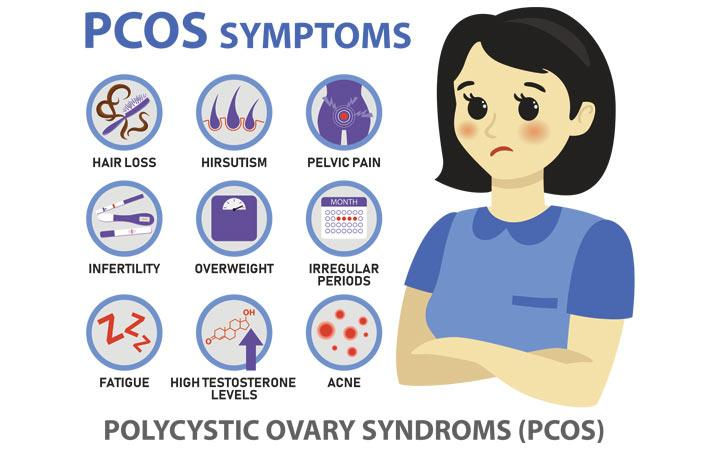Is coffee grinding you down?
- Alison Cowell

- Jun 14, 2019
- 2 min read
I was watching GMTV the other morning and heard Dr Hilary highlighting the results of a recent survey (from Australia) concluding that coffee is GOOD for heart health and there was no reason for folk to worry if they wanted to drink a few cups a day. Maybe so. However there are many other factors to consider about an individual's health before making a sweeping statement like 'drink more coffee'.
Coffee starts its life from a perfectly natural source, a healthy coffee bean. Coffee beans begin their lives as coffee 'cherries', looking like little grapes. They change colour from bright green to pink, red, dark red, purple and, eventually, black as they mature.
Caffeine is the main ingredient in coffee, and it is a stimulant. It speeds up the central nervous system (CNS) and helps fight tiredness, whilst improving mental focus (previous research concluded that students who drank coffee before an exam had better results than those who drank water or juice). So, this is all looking fabulous for the devoted coffee-drinker isn’t it? Great for your heart, brain and energy; reports telling us we can drink as much as we like; crikey, even Dr Hilary says it’s ok!
But what if you like your coffee with sugar and/or cream? You’ve already compromised some potential benefits of the caffeine. And what if you’re also partial to coca-cola or caffeine-laden energy drinks throughout the day? Excess caffeine can lead not only to addiction but to adverse health issues like these listed below.
· Digestive issues: Whilst your heart might not complain about your increased coffee consumption, your bowel might have a bit of a grumble! Caffeine accelerates your digestive system. It has a laxative effect and is a common trigger for diarrhoea. It also interferes with stomach acids, increases reflux and impacts on the important mucosal lining and gut bacteria.
· Energy fluctuations: The energy boost you’ve noticed soon after draining your coffee cup might eventually be replaced by lethargy. That’s because caffeine fires up the adrenal glands, putting you in a ‘fight-or-flight’ state. However, over time, this could lead to adrenaline depletion, causing anxiety and nervousness.
· Insomnia: Many people find that they can’t sleep well at night if they drink coffee in the evening
· Migraines: Caffeine can be a trigger for migraines, especially those affecting the eyes
· Intolerance: Those sensitive or intolerant to coffee can experience anything from itchy skin and hives to breathing difficulties or even a full-blown anaphylactic shock.
Then, of course, there’s the quality of the coffee bean itself. When and how it was picked, where and how it was stored etc. There are some alarming and questionable ethics on both when you start delving!
I don’t want this article to be a dampener on any coffee-lover out there! I go back to my raison d’etre, which is to provide the knowledge for you to make the right choice to get the health consequences you are aiming for, balancing the information being reported against your own individual circumstance. Your body is your best gauge, it will soon let you know if it’s not happy. Do listen to it!
Right, I’m off to enjoy a cup of coffee now. I have no reason to stop drinking it. (Do you 😉?)






Comments